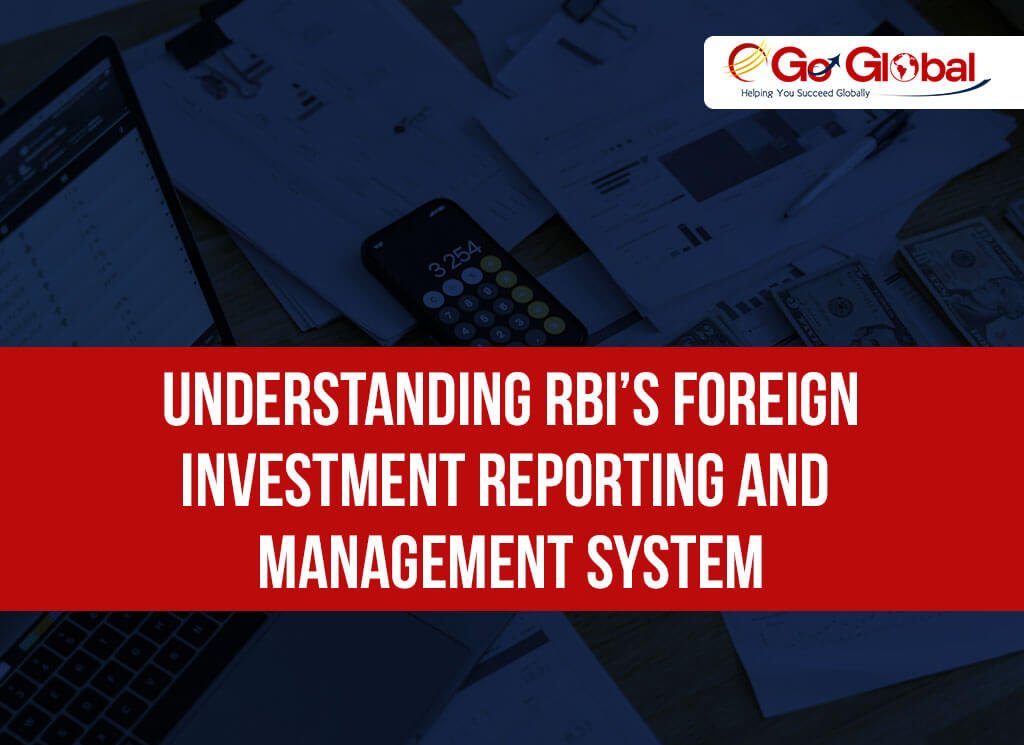
As Indian businesses increasingly expand overseas, compliance with regulatory frameworks becomes critical for smooth global operations. To support this, the Reserve Bank of India (RBI) introduced the Foreign Investment Reporting and Management System (FIRMS) – a fully digitized platform for reporting cross-border investments under the Foreign Exchange Management Act (FEMA).
This module outlines FIRMS, its core features, and its role in helping Indian businesses ensure hassle-free international expansion.
1. What is FIRMS?
FIRMS is an online integrated system developed by the RBI to simplify foreign investment reporting. It caters to Indian companies, startups, and individuals engaged in Foreign Direct Investment (FDI) or Overseas Direct Investment (ODI).
Key Objectives:
- Ensure compliance with FEMA and RBI rules.
- Centralize the reporting of inbound and outbound investments.
- Improve transparency in international financial transactions.
Why it matters for businesses:
- Mandatory for companies opening subsidiaries, branches, or joint ventures abroad.
- Standardizes reporting and reduces compliance risks.
- Strengthens credibility with regulators and stakeholders.
2. Major Components of FIRMS
- Single Master Form (SMF): Combines reporting for multiple transactions including FDI, ODI, and ECBs.
- Entity User Registration: Businesses must register on FIRMS before filing any investment-related forms.
- Foreign Currency Transfer (FC-TRS): For reporting share transfers or securities transactions between residents and non-residents.
- Forms for Overseas Expansion:
- Form ODI: Report overseas investments in subsidiaries, branches, or JVs.
- Form APR: Annual report on the financial and operational performance of overseas entities.
- Form FLA: Annual return to disclose foreign assets and liabilities.
3. How FIRMS Works
a) Entity Registration
- Sign up on the FIRMS portal.
- Upload KYC documents like Certificate of Incorporation, PAN, and signatory details.
- Receive login credentials for filings.
b) Filing Form ODI
- Disclose investment type (branch, subsidiary, JV), funding source, jurisdiction, and investment size.
- Must be completed before making any overseas financial commitment.
c) Post-Investment Compliance
- Submit APR annually for reporting financial results of overseas entities.
- Update changes in business structure via the ODI form.
- File FLA for RBI’s statistical database on assets and liabilities.
4. FIRMS in Practice for Indian Businesses
Advantages:
- Real-time tracking of filings.
- Paperless, faster processing.
- Integrated FEMA compliance.
Challenges:
- Complex filing requirements and occasional portal issues.
- Recommended solution: work with legal and financial experts, prepare documentation early.
Importance of timely filing:
- Delays or non-compliance can attract steep FEMA penalties.
- Businesses must stay updated with RBI notifications and circulars.
5. Country-Specific Notes
- United States (US): ODI reporting helps align with U.S. tax treaty compliance.
- United Kingdom (UK): Must be paired with Companies House obligations.
- United Arab Emirates (UAE): Ensures FEMA compliance when setting up UAE entities.
Conclusion
The FIRMS portal has become a cornerstone of regulatory compliance for Indian companies expanding abroad. By consolidating multiple reporting requirements into one platform, it enhances efficiency, transparency, and reduces compliance risks.
For businesses aiming for global growth, mastering FIRMS is not just a compliance necessity—it’s a strategic advantage that ensures smoother expansion and long-term international success.

